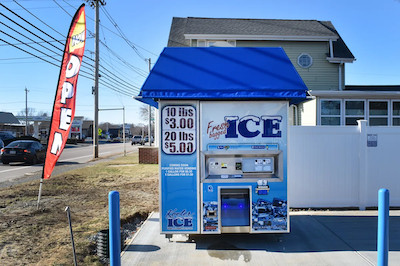Business Plan Consultant
Downloadable Business Plan Template
Just Fill- Up & Print!
Investor Ready Business Plan
48 pages Doc file
21 Tab Excel Spreadsheet
340+ Downloads
Customized Business Plan for Banks
Detailed Competitive Analysis
Major Factors
Market Size
Customized Business Plan for SBA
Validation of Idea
Includes Financial Model
Suitable for Early Stage Businesses
Business Plan Consulting
We offer business plan consulting for franchise business plan, restaurant business plan, real estate business plan, SBA business plan, food truck business plan, salon business plan, online store business plan, business plan for startup, ecommerce business plan, gym business plan, clothing business plan, laundry business plan, etc
Market Research
This can be considered as a feasibility study to gain insight into a new venture. When you start a new business you should perform a market study or feasibility study to get an idea of the potential market size, problems for starting the business and potential opportunities for starting the business.
Business Plan Samples
You can contact us for assistance and customized solutions
Insights
Testimonials
It is my first time of starting a business; so obviously, I need a business plan. The site’s template and even guide on how to create one helped me understand more especially about financials.
★★★★★
I was impressed with how easy it is to understand or even make my own business plan with just a template! I finished mine in just a few days and I can honestly say it looks very professional despite the time of just changing some things in the template. Thank you so much! I love the result and how convenienet the template is.
★★★★★
I’m quite well-known of having critical taste and am very picky about the content that I am using for a business. This template exceeded my expectations and truly deserve its high ratings. I highly recommend this site to the other entrepreneurs, may it be newbies or seasoned ones just like me.
★★★★
I saw the reviews and decided to check out the template for my business and I was surprised to see how detailed and comprehensive it is. I like the taste of such informative and creative words that I didn’t hesitate trying it out for my own business. I can see bucks and successes with this template helping me reach it.
★★★★★
The food business has been highly competitive; and I’m the kind of person who likes to be well-prepared to confront those challenges and have something unique that will attract future customers. What better way than to create a business plan, or better yet, buy a template like the one available in this site! It’s so much easier and I like how accurate and informative this template offers to me.
★★★★★
To those who are new to businesses, this is your ticket to success. It has an awesome content especially the financial models! We all know how hard it is to create financials especially if you don’t have any experiences. This has definitely made my life easier and I can see how organized my business is and how I have goals that are slowly progressing.
★★★★★
Frequently Asked Questions
What services do you offer?
Professional business plan drafting and comprehensive market research are our specialties. We have the resources to guide you through the maze of business plan creation and provide in-depth industry analysis to guide your decisions.
How do your business plan templates work?
Create your business plan quickly and easily with the help of our pre-made templates. Their adaptability to different sectors, ease of use, and complete personalization make them stand out. Creating a polished business plan has never been easier than with our templates, which cover crucial components and provide step-by-step instructions.
Can I get a customized business plan specific to my industry?
In a heartbeat! We can write a business plan that is unique to your sector and meets all of your requirements. To make sure your strategy covers all the bases and takes into account the specifics of your business, our team does extensive research.
What makes your industry research services stand out?
The foundation of our industry research services is current data and comprehensive analysis. We take great delight in assisting companies in gaining a deeper understanding of their industry, seeing possibilities, and making well-informed choices by delivering comprehensive, practical insights.
How do I purchase and access your templates?
Right here on our website, you may buy and download our templates at your leisure. You may modify and personalize the template files to fit your requirements once you buy them. You will have quick access to them.
What support do you offer for using the templates or services?
Your success and happiness are our top priorities. Our support includes detailed instructions on how to use the templates, as well as customer care support to answer any questions or provide any assistance you may need. With our bespoke services, you’ll work closely with our team of specialists from start to finish.











